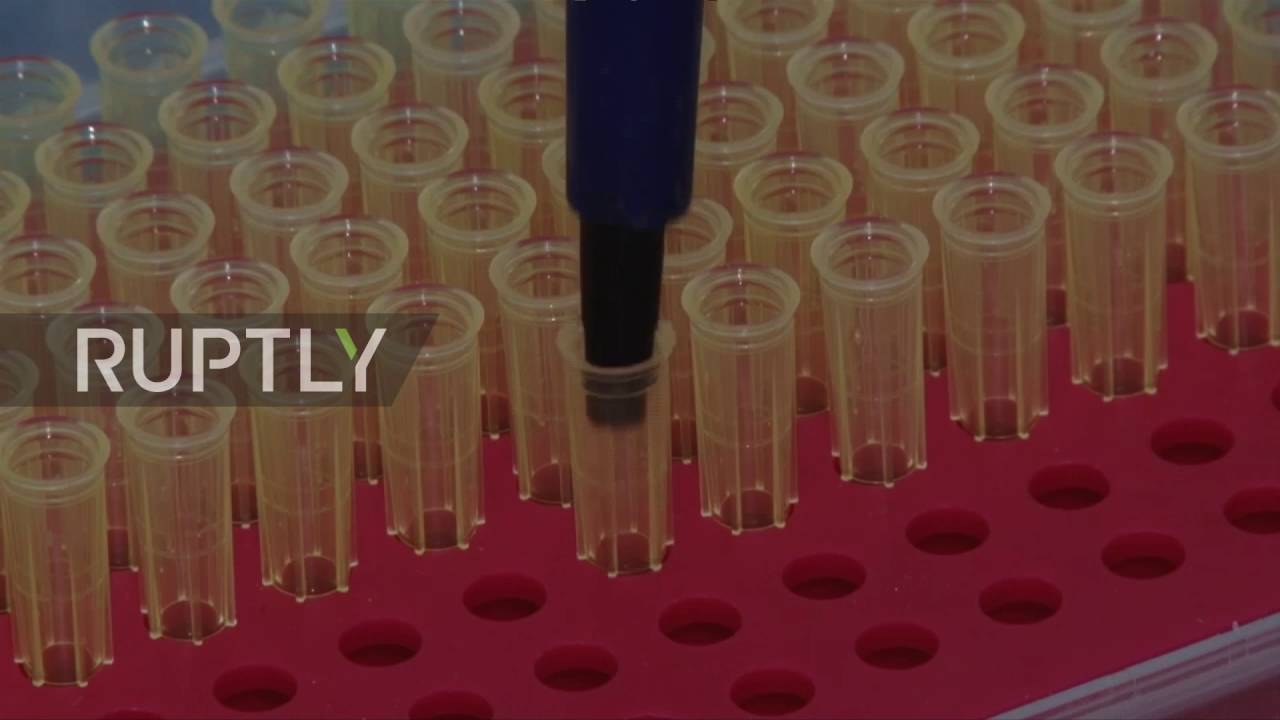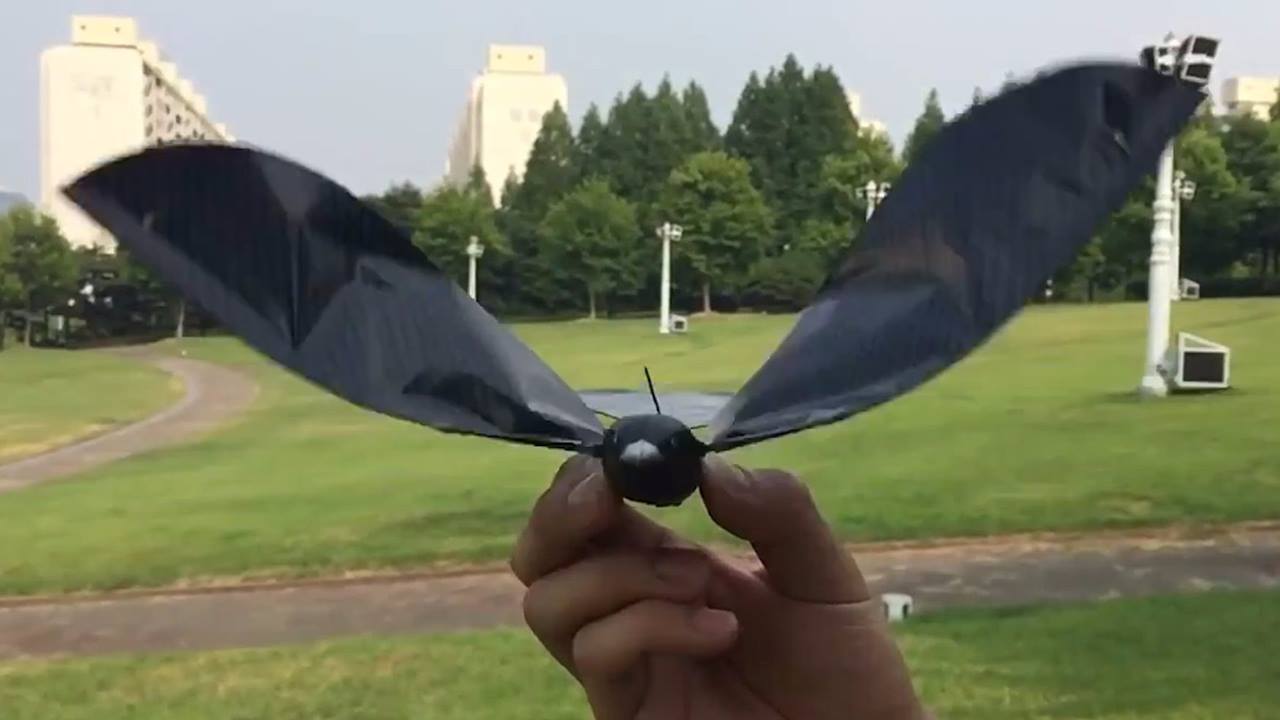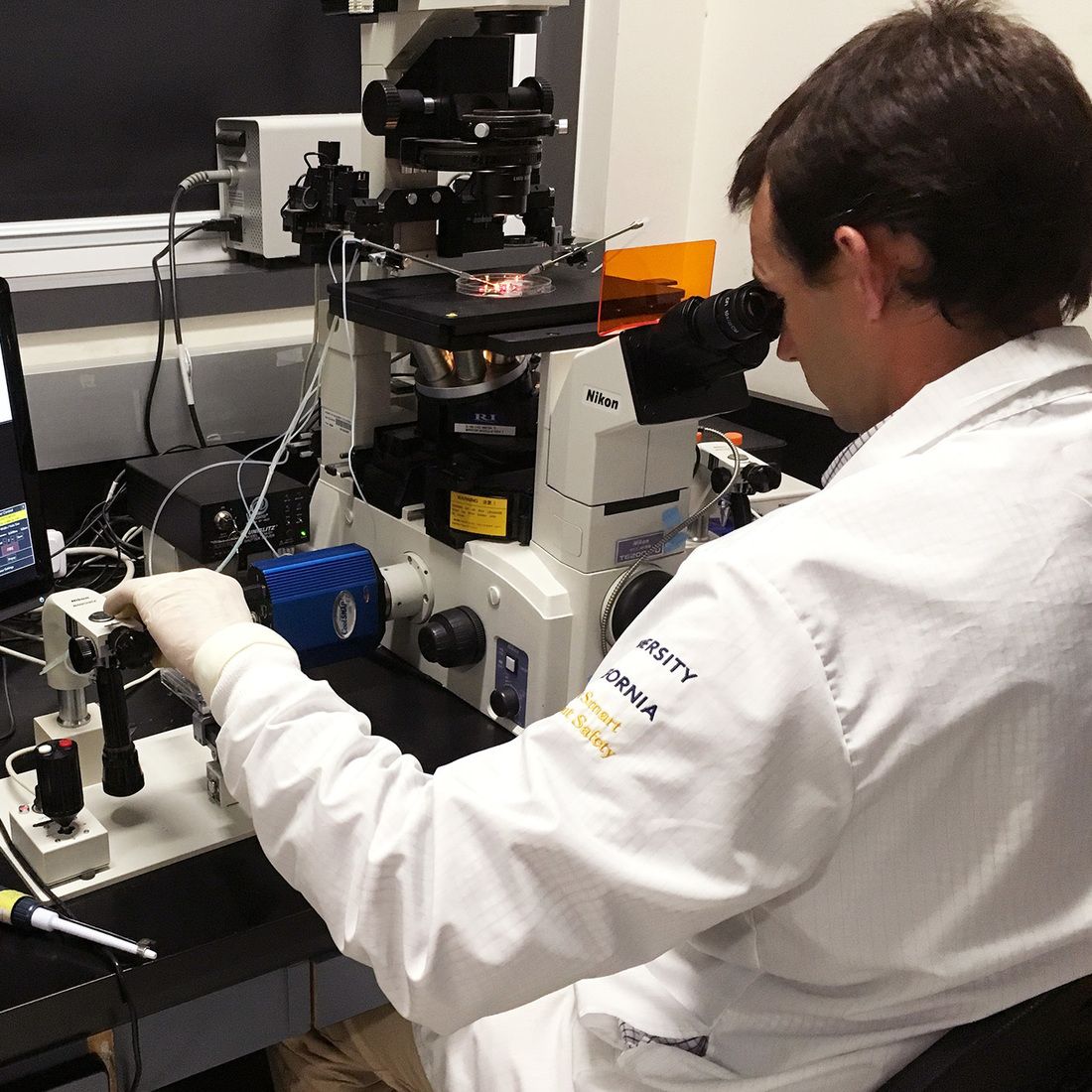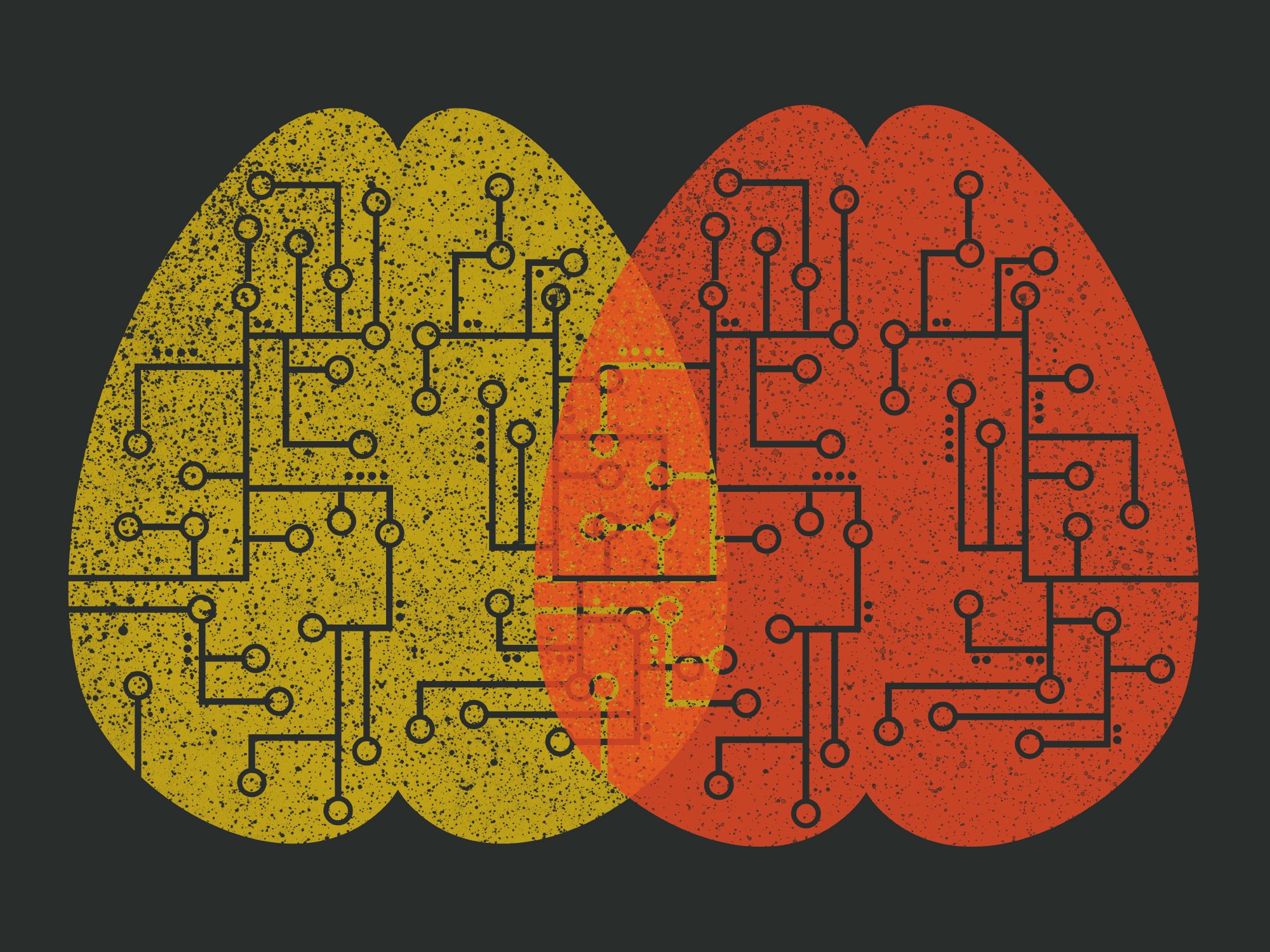Page 10673
Aug 11, 2016
The laws of nature make life on other planets inevitable — according to this groundbreaking theory
Posted by Shailesh Prasad in categories: alien life, biological, chemistry, physics
According to theoretical physicist and super-genius Stephen Hawking, “The human race is just a chemical scum on a moderate-sized planet orbiting round a very average star in the outer suburb of one among a hundred billion galaxies.” Indeed, to most modern scientists we are nothing more than an entirely random ‘happy accident’ that likely would not occur if we were to rewind the tape of the universe and play it again. But what if that is completely wrong? What if life is not simply a statistical anomaly, but instead an inevitable consequence of the laws of physics and chemistry?
A new theory of the origin of life, based firmly on well-defined physics principles, provides hefty support for the notion that biological life is a “cosmic imperative”. In other words, organic life had to eventually emerge. If such a theory were true, it would mean that it is very likely that life is widespread throughout the universe.
Aug 11, 2016
Science Explained: The Possibility of Life on Mars
Posted by Shailesh Prasad in categories: science, space
Where there is water, there is life. This is a statement that has been reaffirmed over and over again. Whether it is in the acidic waters surrounding volcanoes or in the dark and frozen wastes of the icy Antarctic, wherever we find liquid water, we find life. That’s what makes one of the most recent finds by NASA’s Curiosity rover so amazing—Evidence of liquid water on Mars. And even more recently (this month, in fact), NASA announced that it had confirmed evidence of water flowing on Mars.
Granted, this “flowing water” is really more of a trickle (damp soil, if you will), but the find is still exciting for a number of reasons.
Continue reading “Science Explained: The Possibility of Life on Mars” »
Aug 11, 2016
Scientists Argue the US Ban on Human Gene Editing Will Leave It Behind
Posted by Carse Peel in categories: bioengineering, biotech/medical, genetics, law, sex
As the biotech revolution accelerates globally, the US could be getting left behind on key technological advances: namely, human genetic modification.
A Congressional ban on human germline modification has “drawn new lines in the sand” on gene editing legislation, argues a paper published today in Science by Harvard law and bioethics professor I. Glenn Cohen and leading biologist Eli Adashi of Brown University. They say that without a course correction, “the United States is ceding its leadership in this arena to other nations.”
Germline gene modification is the act of making heritable changes to early stage human embryos or sex cells that can be passed down to the next generation, and it will be banned in the US. This is different from somatic gene editing, which is editing cells of humans that have already been born.
Continue reading “Scientists Argue the US Ban on Human Gene Editing Will Leave It Behind” »
Aug 11, 2016
Why China is likely to spearhead the future of genetic enhancement
Posted by Carse Peel in categories: bioengineering, biotech/medical, ethics, genetics, neuroscience
G. Owen Schaefer, National University of Singapore
Would you want to alter your future children’s genes to make them smarter, stronger or better-looking? As the state of the science brings prospects like these closer to reality, an international debate has been raging over the ethics of enhancing human capacities with biotechnologies such as so-called smart pills, brain implants and gene editing. This discussion has only intensified in the past year with the advent of the CRISPR-cas9 gene editing tool, which raises the specter of tinkering with our DNA to improve traits like intelligence, athleticism and even moral reasoning.
Aug 11, 2016
Mark Zuckerberg says virtual reality is a stepping stone to telepathy
Posted by Carse Peel in category: virtual reality

Mark Zuckerberg reveals Facebook’s VR plans are just a stepping stone to TELEPATHY…
Facebook CEO Mark Zuckeberg told Bloomberg that they plan to use virtual reality to connect all the 7 billion people in the world and believes this technology will lead to a new frontier — telepathy.
Continue reading “Mark Zuckerberg says virtual reality is a stepping stone to telepathy” »
Aug 11, 2016
The Chimera Quandary: Is It Ethical To Create Hybrid Embryos?
Posted by Carse Peel in categories: biotech/medical, cyborgs, genetics, health, policy
In Greek mythology, the Chimera is a monster that is part lion, part goat and part snake. Far from reality, sure, but the idea of mixing and matching creatures is real — and has ethicists concerned.
That’s because last week, the National Institutes of Health proposed a new policy to allow funding for scientists who are creating chimeras — the non-mythological kind. In genetics, chimeras are organisms formed when human stem cells are combined with tissues of other animals, with the potential for creating human-animal hybrids.
Continue reading “The Chimera Quandary: Is It Ethical To Create Hybrid Embryos?” »
Aug 11, 2016
How Hackers Could Get Inside Your Head With ‘Brain Malware’
Posted by Carse Peel in categories: cybercrime/malcode, neuroscience
Researchers at the University of Washington in Seattle say that we need to act fast to implement a privacy and security framework to prevent our brain signals from being used against us before the technology really takes off…
Brain-computer interfaces offer new applications for our brain signals—and a new vector for security and privacy violations.
Aug 11, 2016
Scientists have found a set of genetic switches needed to regrow limbs
Posted by Carse Peel in categories: biological, genetics
Could humans regrow limbs? Genetic switches for regenerating tissue are traced back 420 million years…
But ultimately the researchers hope to see if the mechanism could be exploited to allow humans to regenerate limbs themselves, although they warn it could be several decades before that is possible.
Dr Yin said: ‘It depends on the pace of discovery, which is heavily dependent on funding.’
Continue reading “Scientists have found a set of genetic switches needed to regrow limbs” »
Aug 11, 2016
Russian scientists speed up human tissue regeneration with supermolecule
Posted by Carse Peel in category: biotech/medical

Russian scientists said they have artificially produced a unique molecule that can rapidly regenerate damaged human tissue, boasting both antibacterial and antiviral defenses, as well as stem cell growth stimulation.
The peptide, Acegram, was developed at a laboratory in the Russian Ural city of Chelyabinsk.
Continue reading “Russian scientists speed up human tissue regeneration with supermolecule” »

















